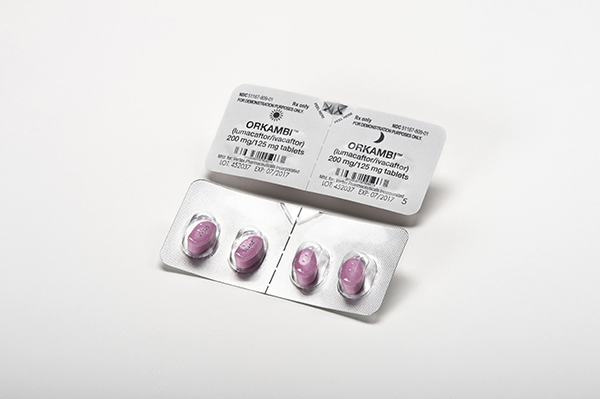A group of physicians criticized Vertex’s decision to give its new cystic-fibrosis drug, Orkambi, a $259,000 annual price tag, building on a case they made in 2012 against the pricing of another Vertex drug, Kalydeco, according to The Boston Globe. The company has defended its pricing rationale to investors, citing the small patient population, the clinical benefits of the drug, the time and cost it took to bring Orkambi to market and the need to invest in research for new therapies.
The European Commission approved Repatha, Amgen’s PCSK9 inhibitor, to treat patients with extremely high cholesterol, a condition known as hypercholesterolemia, according to Bloomberg Business. The drug is part of a highly anticipated new class of drugs for people with high cholesterol. The FDA is set to review another drug, Praluent, which was developed by Sanofi and Regeneron, this week.
PhRMA, the drug industry’s lobbying group, spent $4.8 million on lobbying in the second quarter, which is more than $500,000 more than the group spent during the same quarter of last year, Politico reported. BIO, Merck, GlaxoSmithKine, Eli Lilly and Genentech also increased their spending during the spring.
A new study found that people make assumptions about how well a medication will work based on the color and shape of the pill, according to The Wall Street Journal. The study looked at expectations from consumers in the US, China and Colombia, finding white tables to be most effective and light green pills the least effective when treating headaches. Diamond-shaped pills were widely considered to be the hardest to swallow.
The CMS confirmed in an update to guidance last week that drug and medical device manufacturers are responsible for reporting indirect payments to the Open Payments database if they learn the identity of the physician speaker within one year. Experts have said the new requirements will lead to more public disclosure of CME payments because companies usually find out the identify of the speakers.







